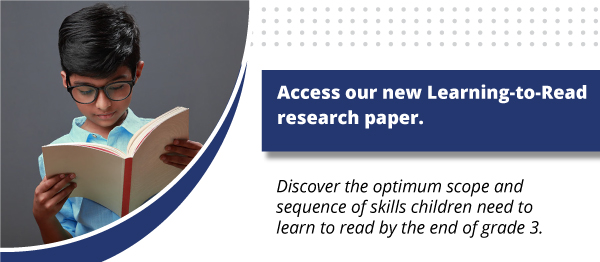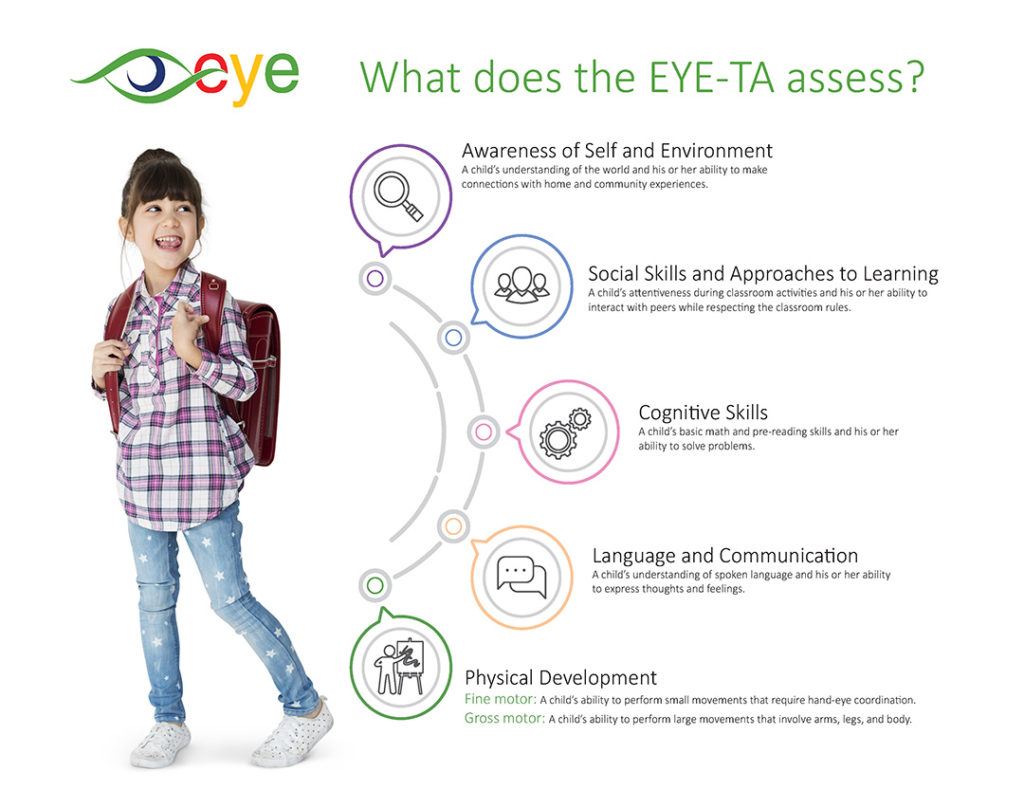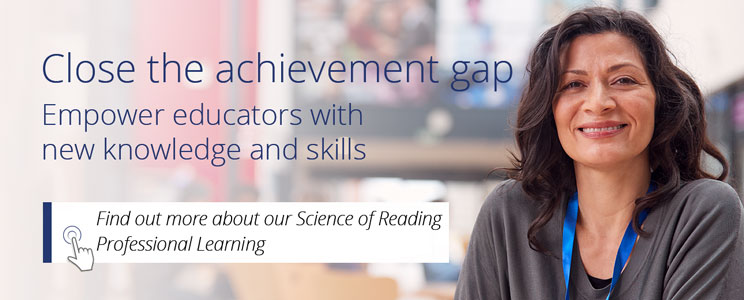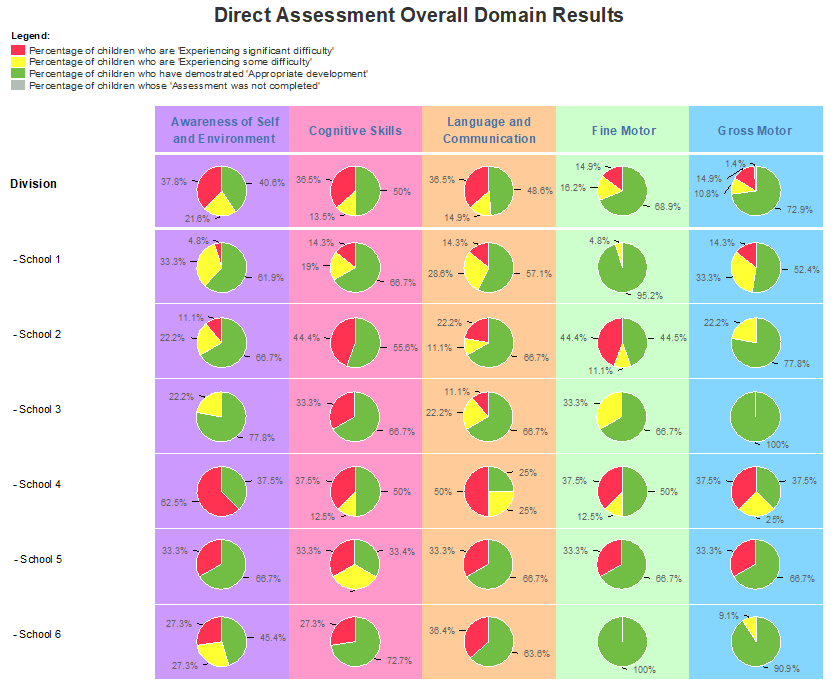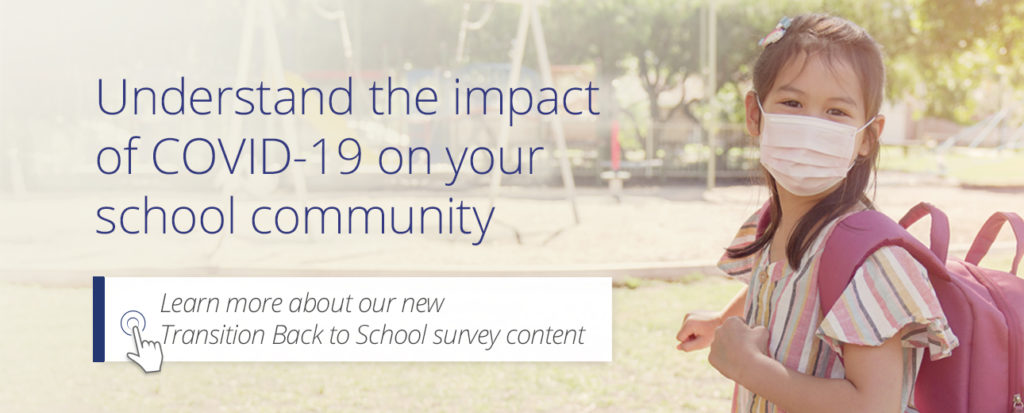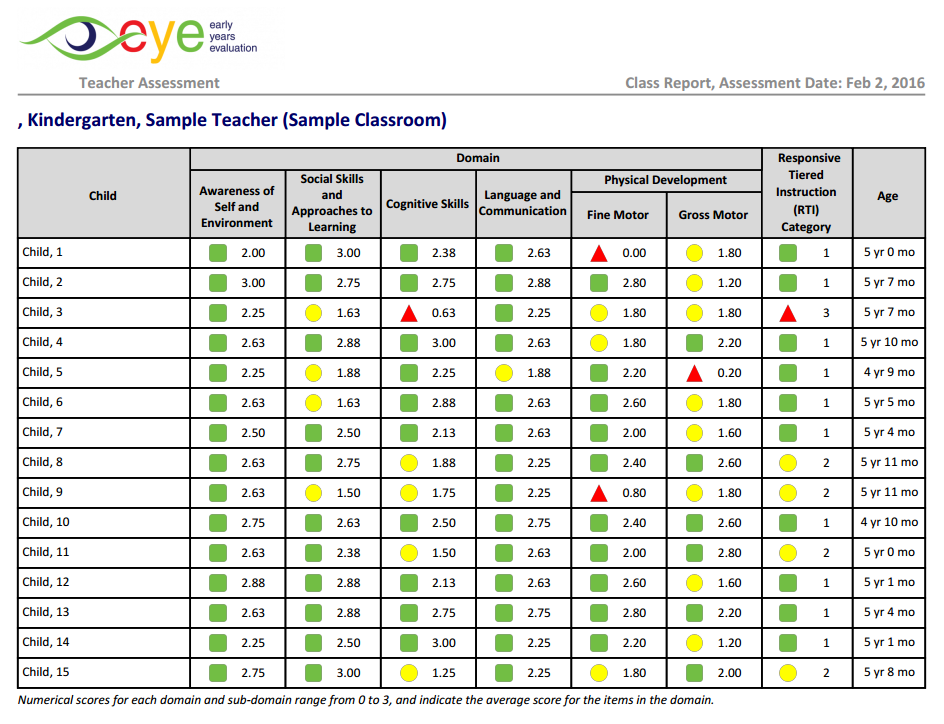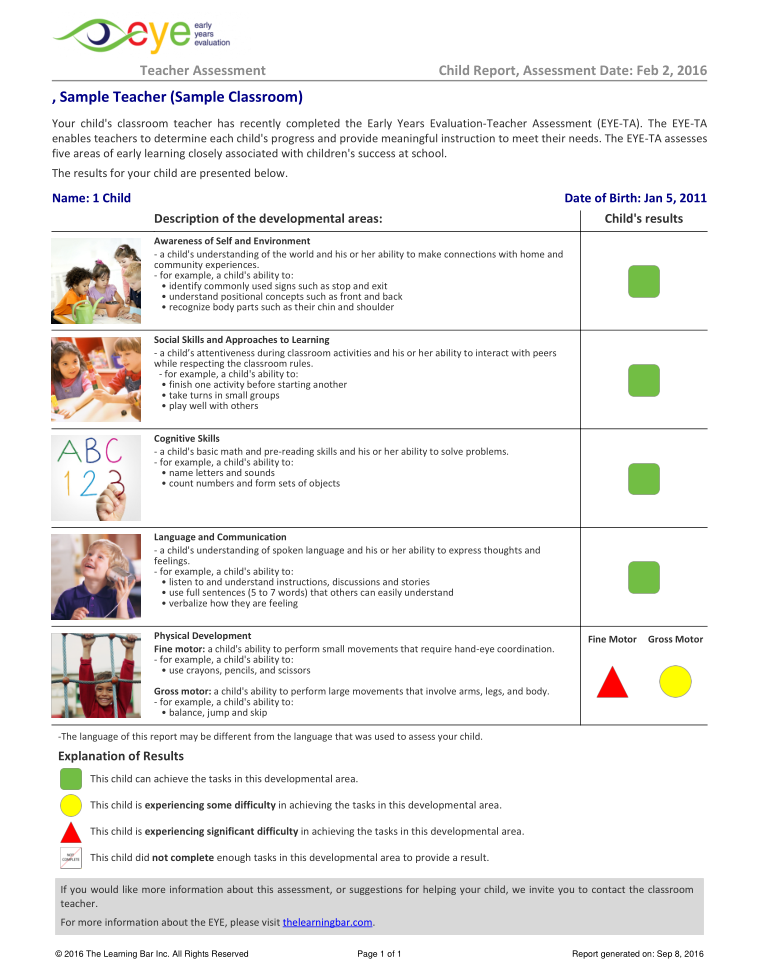
Presentation Overview
Towards a Healthier Culture
Karen Power, Leadership Development Consultant, The Learning Bar
In this keynote presentation, participants will consider the factors that lead to a healthy culture and “take away” strategies to continue their personal commitment as leaders.
Striving towards academic success leads school boards/divisions to contemplate the touchpoints and indicators impacting this goal. The culture of the organization is first and foremost, a leading indicator, of the overall ability of the system to create the conditions necessary for student success.
A healthy culture includes an environment of trust focused on clarity of tight expectations and ongoing commitments to the people within the organization. This includes respect and care of both adults and students within the learning community. In today’s current reality, leaders continue to deepen their understanding of the critical importance of organizational health and are increasing their attention in building positive culture. Patick Lencioni, confirms the importance of this leadership focus in his best seller, The Advantage (2012): “There is just no escaping the fact that the single biggest factor determining whether an organization is going to get healthier — or not — is the genuine commitment and active involvement of the person in charge”.
Leave this session feeling energized to intentionally focus on developing and maintaining a healthy culture recognizing steps that build positive relationships, student-centered decisions and leave no doubt that you have core belief that schools are about learning.
Don’t wait! Model Inclusivity and Diversity to Support Staff Wellness.
Lori Meyer, Associate Superintendent of Learning, Rocky View Schools
People deserve to be honoured for who they are. They deserve to be heard and to have the support of the district and staff behind them. Lori’s passion behind these principles drove her to take action. In the fall of 2022, Lori introduced a unique central office initiative and established the ‘BRIDGE committee’. The core objective of the committee is to model what can be done to foster wellness, support inclusion, and ensure staff feel safe and respected in their workplace. Join Lori as she delves into the various projects that have been successfully implemented and offers insightful strategies for replicating similar practices in your own office or district.
Beyond Self-Care: Leading a Systemic Approach to Well-Being for Educators
Gail Marken, Consultant
This interactive presentation will discuss why working on workplace well-being is so important for ourselves and our students. By sharing the compelling research and experiences from the field, Gail will introduce the 3 interconnected parts of well-being: Self, Other and System and provide practical strategies to help leaders embed well-being in their workplaces.
- Self: The importance of self-care in the traditional forms and the social emotional self-care (SELf-care) like self-awareness that can make such a difference to our individual well-being.
- Others: The importance of belonging, connection and working to a common purpose and its impact on team well-being and success.
- System: How our policies, practices and ways of working either support or get in the way of well-being.
Panel: Focus on Rebuilding Relationships
Karen Power, Leadership Development Consultant, The Learning Bar
Leaders from CBE, Tsuut’ina Nation Board of Education (Treaty 7), RVS, Pembina Hills School Division, and Frontier School Division will discuss how school closures, online learning, and staff turnover have disrupted important relationships in the school system. We will explore topics such as the rise in dysregulated students and families, staff and student absenteeism, and how districts and education authorities are overcoming these issues.
Building a Pyramid of Intervention and continual supports to Enhance the Mental Health of Staff & Students
Jason Kupery, Director of Learning, Palliser School Division
Hear Jason Kupery, Shane Cranston, and Erika Publow discuss the rapid and impactful changes they are witnessing through the implementation of the Palliser Mental Health Grant. Creating a baseline of data was essential for the initial fund application and has since allowed them to identify gaps in mental support needs across the division. The creation of evidence-based universal, tier two, and tier three supports has created a ripple effect of learning and resources at the student, family, and schools that continues to grow. The question is ‘Now what?’. Join the Palliser team as they delve into some of their key initiatives, and partnerships and share tips and lessons learned.


